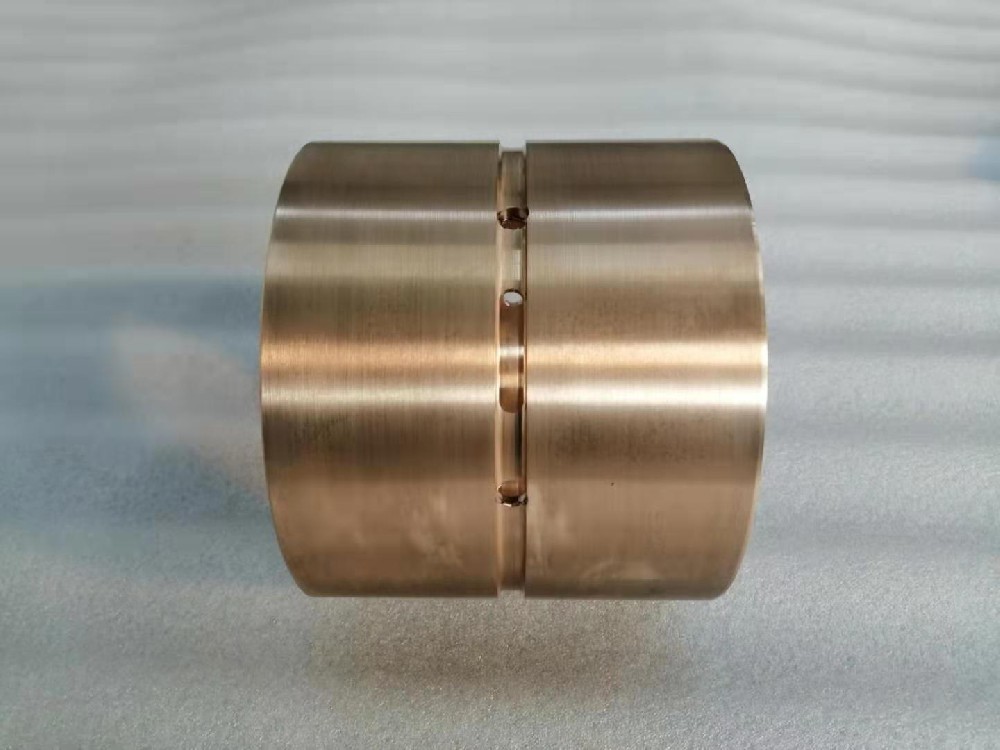When it comes to choosing the right sealing material for various industrial applications, aluminum and copper seals often come into consideration. Each material has its unique properties that make it suitable for specific conditions.
Typical Applications of Aluminum Seals:
Automotive Industry: Used in engine components and heat exchangers.
Aerospace: Preferred for lightweight sealing solutions.
HVAC Systems: Utilized in heating, ventilation, and air conditioning systems.

Typical Applications of Copper Seals:
Electrical Industry: Widely used in electrical connectors and components due to its high conductivity.
Plumbing: Commonly used in plumbing systems because of its corrosion resistance.
Industrial Equipment: Used in high-pressure sealing applications in various industrial machinery.
Conclusion:
The choice between aluminum and copper seals depends on the specific requirements of the application. Aluminum seals are lightweight, cost-effective, and corrosion-resistant, making them suitable for automotive, aerospace, and HVAC applications. On the other hand, copper seals offer superior strength, thermal conductivity, and durability, making them ideal for electrical, plumbing, and high-pressure industrial applications. Understanding the properties and advantages of each material will help in making an informed decision for the best sealing solution.
| Previous:The role of flange copper sleeve | Next:About the material composition and characteristics of copper pads |




 Copyright © 2022
Copyright © 2022